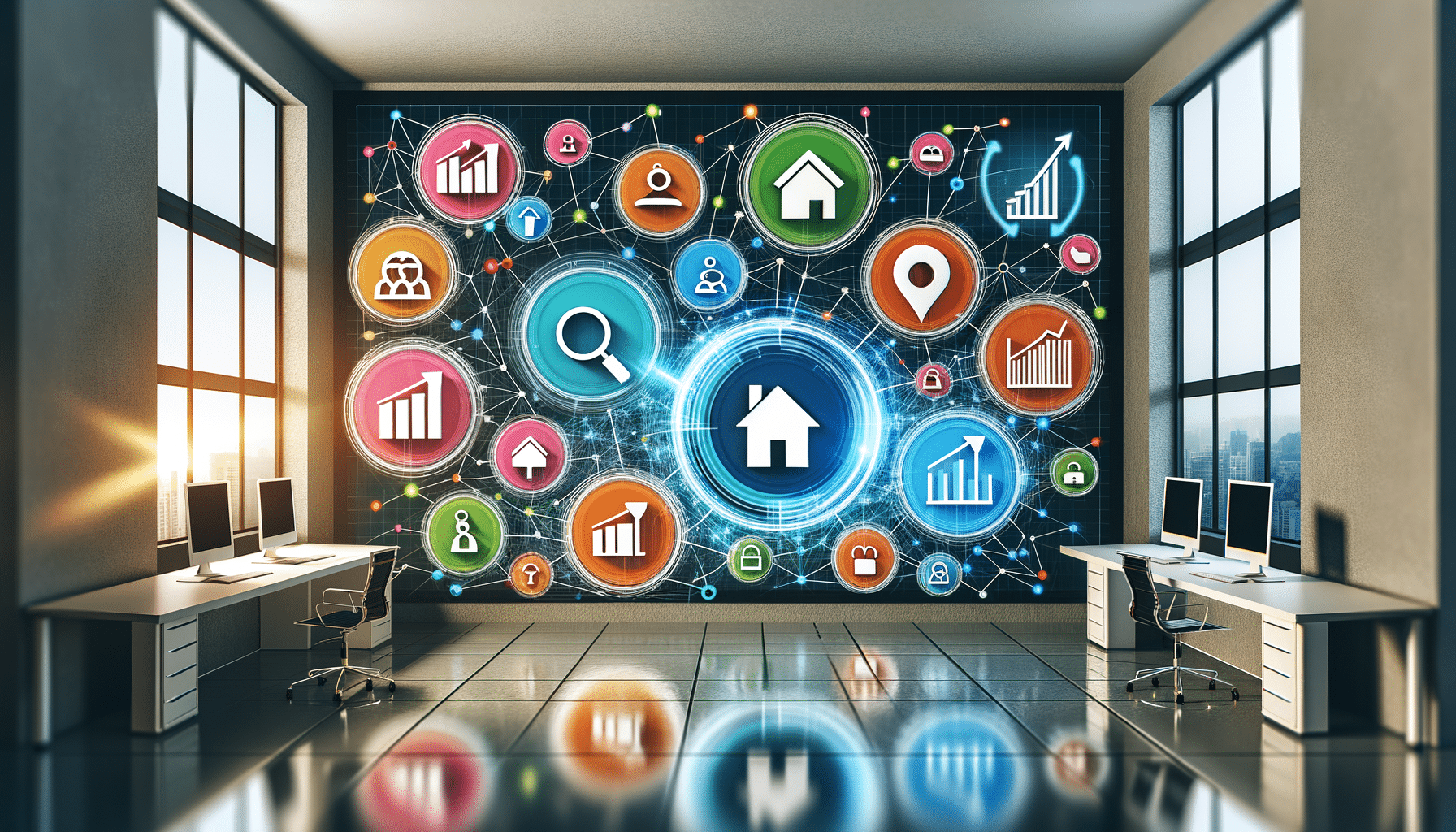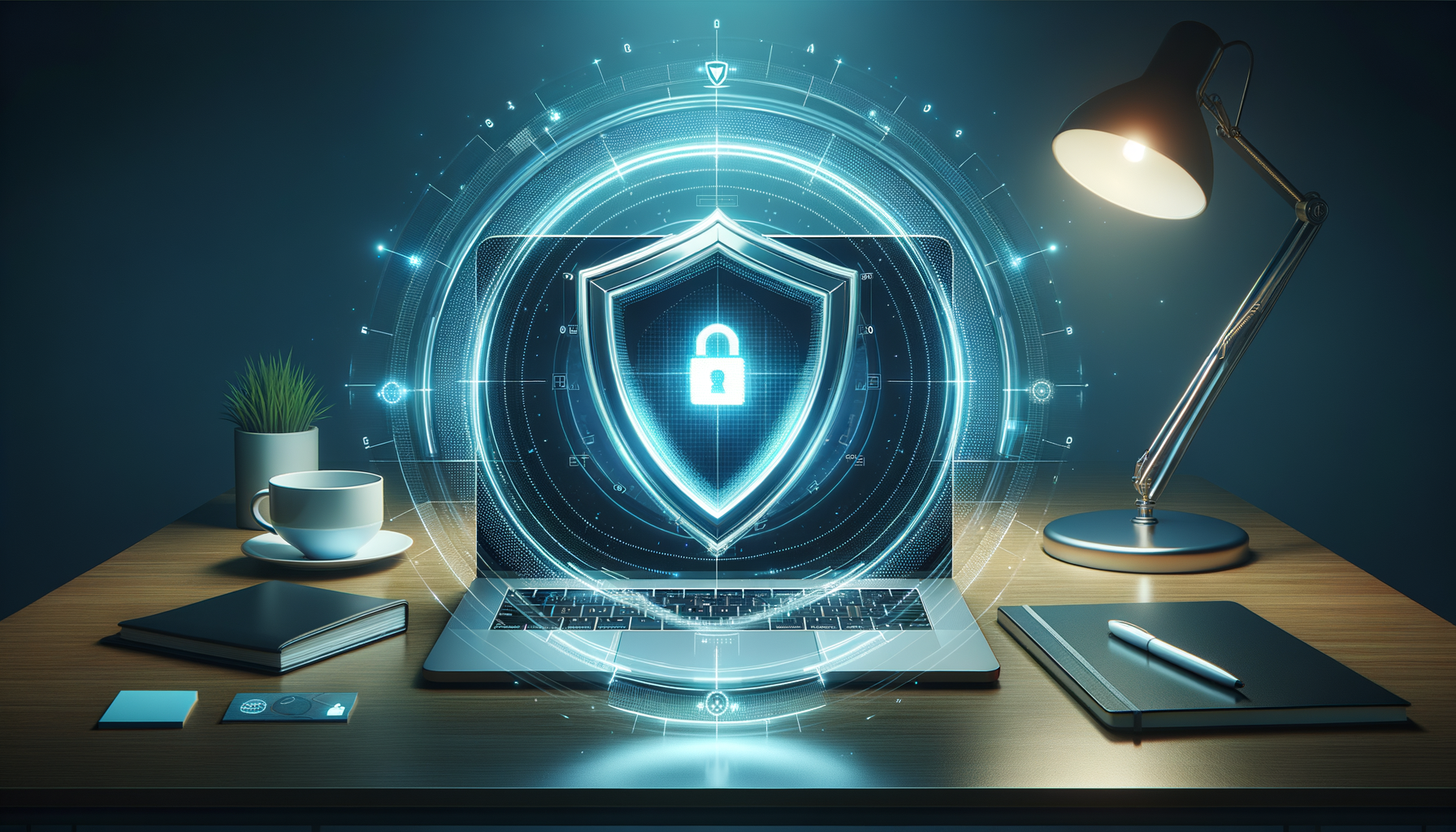The Evolution of Property Management Software
Property management software has come a long way from its humble beginnings. Initially, property managers relied on manual methods such as spreadsheets and paper records to track rent payments, maintenance requests, and tenant information. With the advent of digital technology, these processes have been streamlined significantly. Today, property management software offers a comprehensive suite of tools designed to automate and simplify the myriad tasks involved in managing rental properties.
Modern property management software is equipped with features that cater to the diverse needs of property managers. These include rent collection, tenant screening, lease tracking, and maintenance management. By integrating these functionalities into a single platform, property management software enhances efficiency and reduces the likelihood of human error. Furthermore, cloud-based solutions have made it possible for property managers to access their data from anywhere, at any time, ensuring that they can stay on top of their responsibilities even when they are on the go.
As technology continues to evolve, property management software is expected to incorporate even more advanced features. For instance, artificial intelligence and machine learning are being explored to predict maintenance issues before they occur, thereby reducing costs and improving tenant satisfaction. The evolution of property management software is a testament to the industry’s commitment to embracing innovation and improving operational efficiency.
Key Features of Property Management Software
Property management software comes packed with a variety of features that are designed to make the lives of property managers easier. One of the most crucial features is rent tracking, which allows managers to automate rent collection, send reminders to tenants, and generate financial reports. This not only saves time but also helps in maintaining accurate financial records.
Another essential feature is maintenance scheduling. With property management software, managers can easily log maintenance requests, assign tasks to maintenance staff, and track the progress of repairs. This ensures that property maintenance is carried out promptly, preventing minor issues from escalating into costly repairs.
Tenant communication is another area where property management software excels. The software allows managers to send notifications, share important documents, and communicate with tenants through a secure portal. This fosters better relationships between property managers and tenants, leading to higher tenant retention rates.
Additionally, property management software often includes features such as tenant screening, lease management, and accounting integration. These features provide property managers with a comprehensive toolkit to manage their properties effectively and efficiently.
Benefits of Implementing Property Management Software
The benefits of implementing property management software are manifold. Firstly, it significantly reduces the administrative burden on property managers by automating routine tasks. This allows managers to focus on more strategic activities, such as improving tenant satisfaction and expanding their property portfolios.
Secondly, property management software enhances accuracy and transparency in financial transactions. With automated rent collection and financial reporting, managers can ensure that their financial records are up-to-date and error-free. This is particularly important for compliance with tax regulations and financial audits.
Moreover, property management software improves tenant satisfaction by streamlining communication and maintenance processes. Tenants can easily submit maintenance requests and receive updates on their status, leading to quicker resolution of issues. This not only enhances tenant satisfaction but also reduces turnover rates, ultimately improving the profitability of the property.
Finally, property management software provides valuable insights through data analytics. By analyzing data on tenant behavior, maintenance trends, and financial performance, property managers can make informed decisions to optimize their operations and maximize returns on investment.
Challenges in Adopting Property Management Software
Despite its numerous benefits, adopting property management software is not without its challenges. One of the primary hurdles is the initial cost of implementation. While the software can lead to long-term savings, the upfront investment may be a barrier for smaller property management firms.
Another challenge is the learning curve associated with new technology. Property managers and their staff may require training to fully utilize the software’s features. This can be time-consuming and may temporarily disrupt operations. However, many software providers offer comprehensive training and support to ease the transition.
Data security is also a concern, as property management software often stores sensitive information such as tenant details and financial records. It is crucial for property managers to choose software providers that implement robust security measures to protect against data breaches.
Lastly, integrating property management software with existing systems can be complex. Property managers need to ensure that the new software is compatible with their current tools and processes to avoid disruptions. Despite these challenges, the long-term benefits of property management software often outweigh the initial difficulties.
The Future of Property Management Software
The future of property management software is promising, with technological advancements poised to further transform the industry. One of the key trends is the integration of artificial intelligence (AI) and machine learning into property management systems. These technologies can provide predictive insights, such as identifying potential maintenance issues before they become significant problems.
Another trend is the increasing adoption of mobile applications. With more property managers and tenants using smartphones, mobile apps offer a convenient way to manage properties on the go. These apps can facilitate everything from rent payments to maintenance requests, enhancing the overall user experience.
Furthermore, the Internet of Things (IoT) is expected to play a significant role in property management. IoT devices can provide real-time data on property conditions, enabling proactive maintenance and energy management. This not only improves tenant satisfaction but also reduces operational costs.
As the property management industry continues to evolve, software solutions will become even more integral to successful property management. By staying abreast of technological advancements and embracing innovative tools, property managers can ensure they remain competitive in a rapidly changing landscape.



Leave a Reply